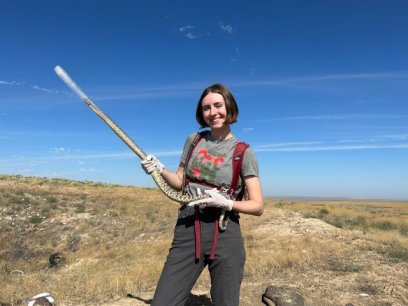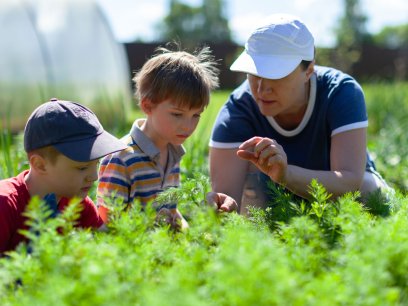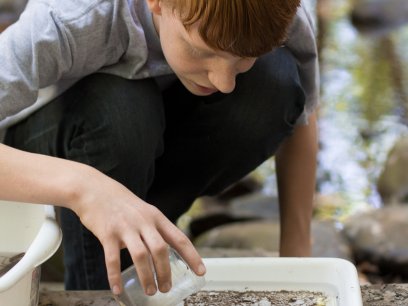
In the summer of 2016, a group of girls in Los Angeles, CA took on air quality and clean air in their community. Their purpose was to spark conversations about the importance of air quality and how it impacts people's lives.
“It's really important, I think, for the educator to be okay with not knowing what the answer is themselves,” says Evelyn Gomez, interim executive of DIY Girls.
DIY Girls offers after-school and summer programs that provide hands-on STEAM (Science, Technology, Engineering, Art and Math) experiences for girls. The girls learn technical skills and apply them by creating their own creative projects and inventions.
With a little help from NEEF's Greening STEM Integration Grant for Educators, the DIY Girls collected air quality data by wearing air quality indicators around the community and compared their data to National Ambient Air Quality Standards. High school students in the program built and programmed air sensors and placed them on their shoe laces, purses, and even skateboards. The visibility of the air sensors started community conversations about air quality.
Gomez believes that by allowing the girls a choice in the project it gives them the chance to investigate and learn about something that they're interested in.
In July 2016, the girls began the school-year by tackling homelessness, with a focus on environmental protection. The girls invented a shelter capable of collapsing into a portable backpack, which utilizes renewable energy to power electrical devices, and incorporates UV LEDs to sanitize the interior. The backpack is made of insulating material.
DIY Girls challenges girls to think while solving real-world community and global health problems. Gomez notes that after participating in the program, the girls' feel more confident in their ability to tackle unfamiliar challenges. The program's ability to take on issues while instilling self-confidence in their participants is what makes DIY Girls a program worth highlighting.
To learn more about the DIY Girls visit: DIYGirls.org.


